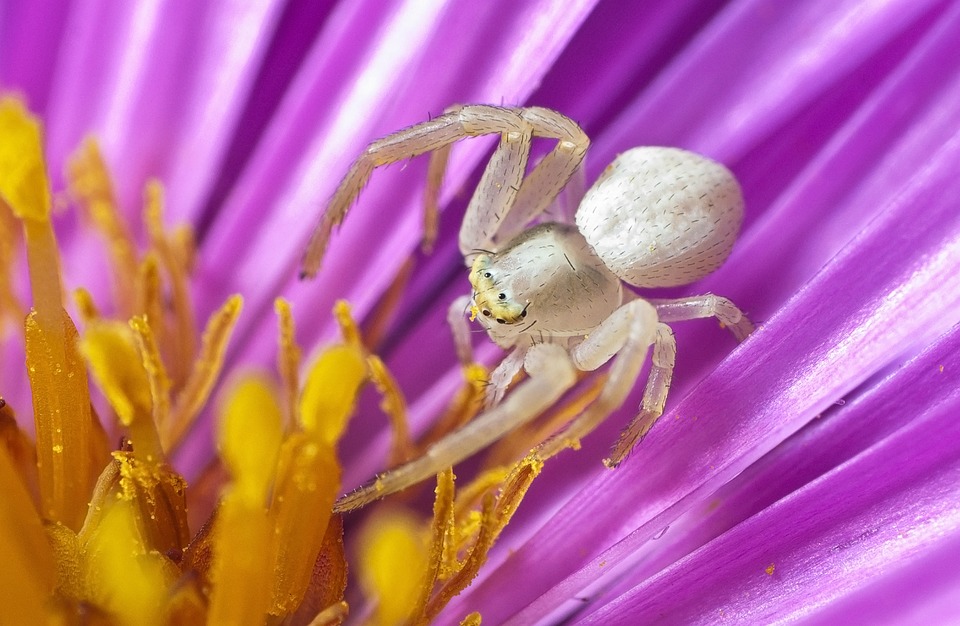Natural Bug Spray: Eco-Friendly Solutions for Outdoor Adventures
As we embrace the great outdoors, whether it’s for camping, hiking, or simply enjoying a picnic, the presence of bugs can often put a damper on our adventures. However, with growing concerns over the effects of chemical insect repellents on both our health and the environment, many outdoor enthusiasts are turning to natural bug sprays as eco-friendly alternatives. Here, we explore the benefits of natural bug sprays, highlight some common ingredients, and provide tips for creating your own effective repellent for a bug-free outdoor experience.
The Benefits of Natural Bug Sprays
-
Eco-Friendly: Unlike conventional insect repellents that often contain synthetic chemicals, natural bug sprays use plant-based ingredients that are less harmful to the environment. They break down more easily and do not contribute to soil or water pollution.
-
Skin-Friendly: Many chemical insect repellents contain DEET and other synthetic compounds that can irritate the skin and cause allergic reactions. Natural alternatives typically use essential oils and botanical extracts, which are gentler and often beneficial for the skin.
-
Non-Toxic: Natural bug sprays eliminate the risks associated with ingesting or inhaling harmful chemicals. This is particularly important for families with young children or pets.
- Aromatherapy Benefits: Many essential oils used in natural bug sprays, such as lemon eucalyptus or lavender, not only repel bugs but also offer calming or invigorating scents, enhancing the overall outdoor experience.
Common Ingredients in Natural Bug Sprays
Natural bug sprays can be made from a variety of oils and botanical extracts known for their insect-repelling properties. Here are some popular options:
- Lemon Eucalyptus Oil: Recognized by the CDC for its effectiveness, this oil can repel mosquitoes for extended periods.
- Lavender Oil: Known for its soothing properties, lavender oil is also effective against mosquitoes and is safe for children.
- Peppermint Oil: The strong scent of peppermint not only deters bugs but also provides a refreshing feel.
- Tea Tree Oil: Renowned for its antiseptic properties, tea tree oil can repel fleas and mosquitoes.
- Citronella Oil: A classic option for repelling insects, citronella oil is often used in candles and sprays.
DIY Natural Bug Spray Recipe
Creating your own natural bug spray is simple and cost-effective. Here’s a straightforward recipe you can follow:
Ingredients:
- 10-20 drops of essential oil (choose from lemon eucalyptus, lavender, peppermint, or a combination)
- 2 tablespoons of witch hazel or apple cider vinegar
- 2 tablespoons of distilled water
- A spray bottle (preferably dark glass)
Instructions:
- In a spray bottle, combine the essential oil, witch hazel (or vinegar), and distilled water.
- Shake well before each use to mix the ingredients.
- Spray directly onto exposed skin, avoiding contact with eyes and mouth, and reapply every couple of hours as needed.
Tips for Effective Bug Protection
- Pre-Application: Always do a patch test on a small area of skin to ensure there’s no allergic reaction.
- Layering for Protection: Pair your bug spray with natural remedies such as wearing light-colored clothing and avoiding heavily scented lotions or perfumes.
- Timing Matters: Mosquitoes are most active during dawn and dusk, so plan outdoor activities accordingly and apply your bug spray before heading out.
Conclusion
Natural bug sprays offer a safe, effective, and eco-friendly alternative for those who love outdoor adventures. By harnessing the power of nature through essential oils and botanical extracts, we can protect ourselves from unwanted pests while also caring for our planet. Whether you choose to buy a pre-made natural spray or create your own, embracing these natural solutions will ensure your outdoor escapades remain enjoyable and bug-free. So gear up, head outside, and explore the wonders of nature with peace of mind!
